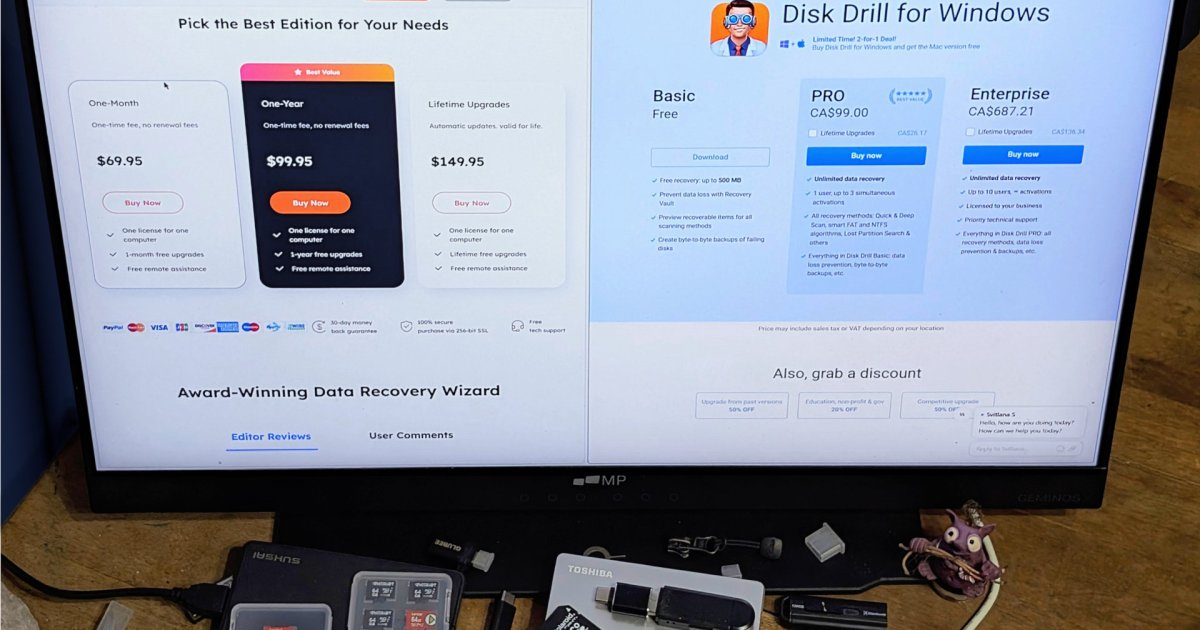The recent data breach at National Public Data (NPD) has been officially confirmed, albeit with conflicting reports on the number of individuals affected. Initial reports from a hacking group and a class-action lawsuit, cited by Bloomberg Law, suggested a staggering 2.9 billion personal records were compromised, including sensitive information like Social Security numbers. However, NPD’s official statement paints a different picture.
NPD acknowledges a “data security incident” involving a third-party “bad actor” attempting to hack into their systems in late December 2023. Potential data leaks are believed to have occurred in April and summer 2024. A notification on the Maine Attorney General’s website indicates 1.3 million individuals were affected, significantly less than the initially reported 2.9 billion.
This discrepancy in reported numbers raises significant questions. If the 1.3 million figure holds true, it represents a substantial reduction from the initial estimate, which would have placed the breach among the largest in history. While the lower number is undoubtedly better news, the breach still represents a serious security lapse with potentially devastating consequences for those affected.
Currently, there’s no official mention of any U.K. or Canadian victims. NPD assures they are cooperating with law enforcement, reviewing the affected records, and will notify affected users of any further significant developments. While investigations continue, NPD strongly encourages preventative measures to detect fraudulent activity. They recommend closely monitoring financial activity and contacting the three major U.S. credit reporting agencies – Equifax, Experian, and TransUnion – to obtain free credit reports.
Placing a fraud alert is also recommended. This alert requires creditors to contact you before any changes are made to existing accounts or new accounts are opened. A fraud alert with one agency (e.g., TransUnion) legally obligates them to inform the other two major agencies (Equifax and Experian). If you’re unfamiliar with these agencies, TransUnion may offer a simpler process for establishing a credit freeze or fraud alert.
The final impact of this breach remains to be seen. Confirming the actual number of affected individuals is crucial for understanding the full scope of the incident and ensuring appropriate measures are taken to mitigate the damage. While the current figure of 1.3 million is considerably less than initially feared, it’s still a significant number, underscoring the ongoing need for robust cybersecurity practices and vigilance in protecting personal data.











